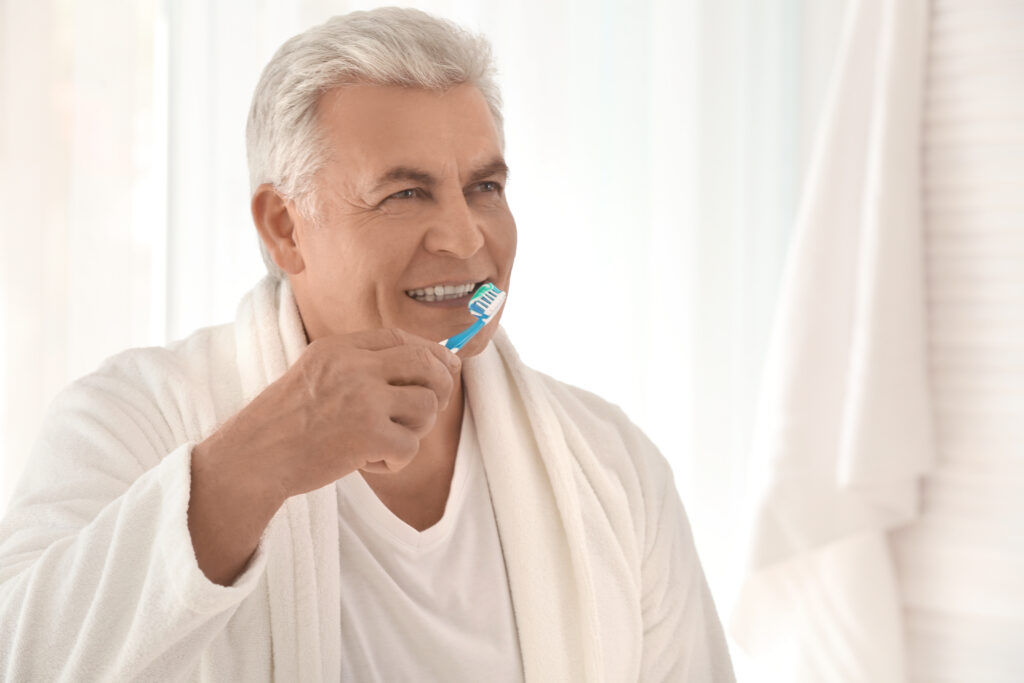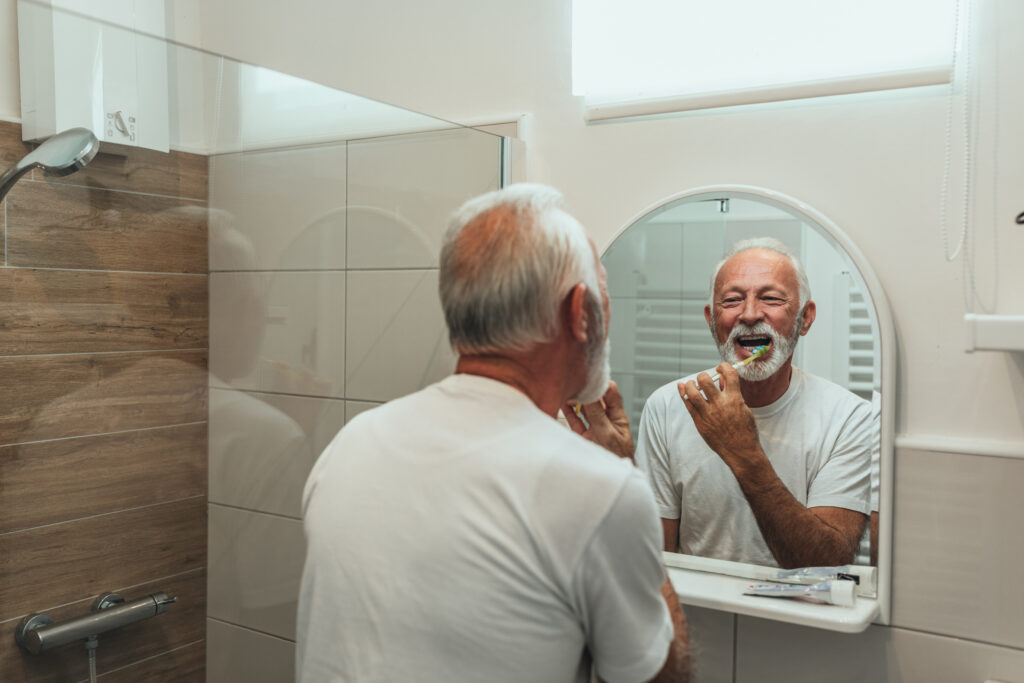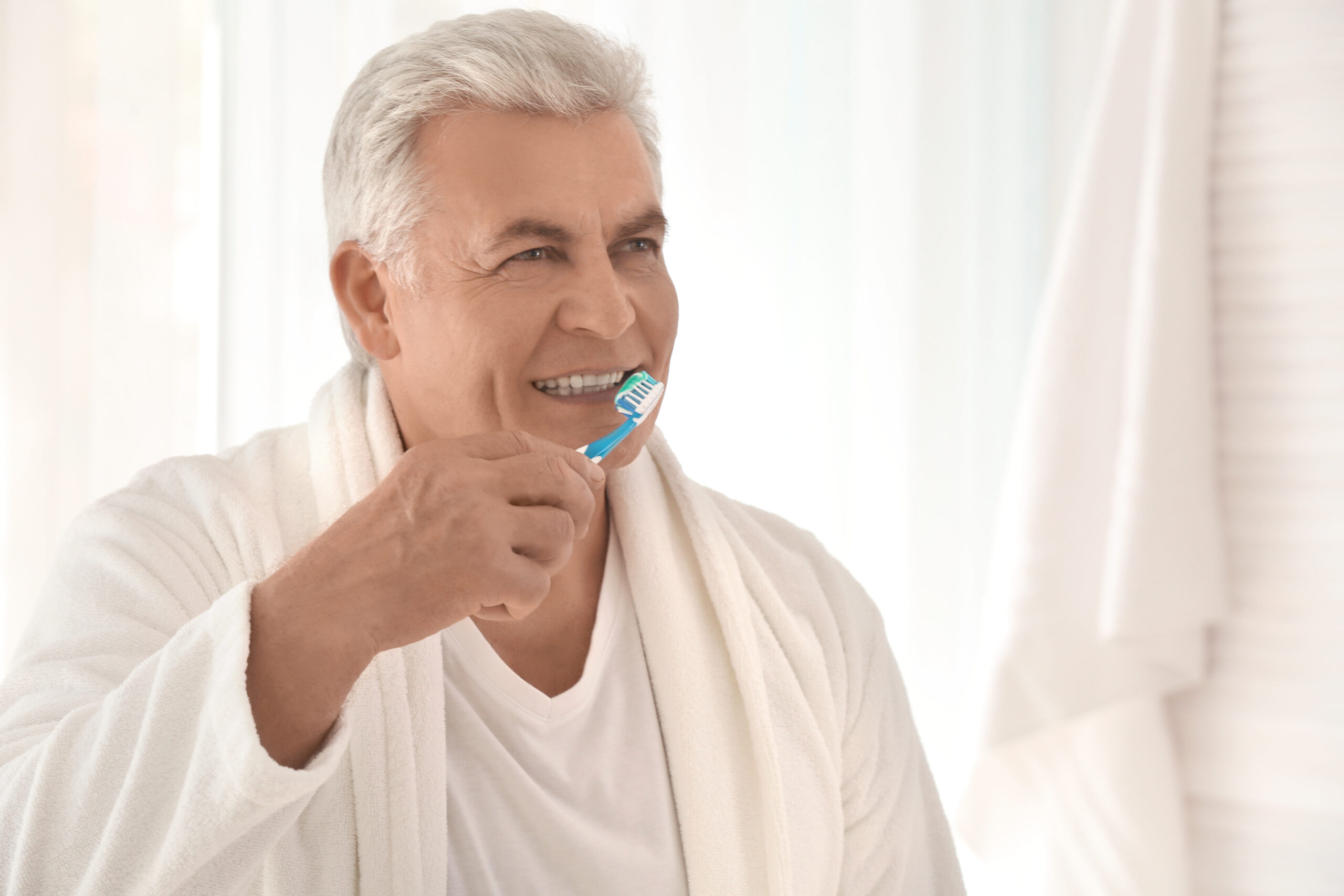Can you prevent cavities? The short answer is yes. If you have active caries lesions (cavities), they are filled with bacteria. First, you need to get the bacteria removed and the cavity filled. Then you have to change your habits in order to make your mouth uninhabitable for the cavity ‘causing’ bacteria. But, let’s go back further.

The long answer to the question is much more complex. Like most other diseases humans are prone to, a lot of things have to happen for them to manifest themselves. This is a story of prevention.
Tooth decay is the result of a preventable disease called dental caries. The result of untreated dental caries is a caries lesion or cavity. You read it correctly. This disease is preventable. The bacteria responsible for reeking most of the havoc of this disease is transmissible. You were not born with these bacteria in your mouth. They are passed on to us by loving parents, grandparents, siblings, or even fellow toddlers in the playroom.
There are four (4) components that have to be in place to get a cavity.
- Host – There has to be a host – a tooth. No tooth. No cavity.
- Bacteria – Bad bacteria need to be in thriving in the mouth.
- Food – The bacteria need to eat! 🙂 They thrive on fermentable carbohydrates – sugar, refined flour products, like bread and crackers, rice, potato – you know, the usual suspects.
- Time – the bad actors all need to stay on the tooth for at least 20 minutes. AND…the more often you eat or drink sugary or refined carbohydrates, the happier the bacteria are.
Let’s address these one at a time.
Host/Tooth: Rarely are people born with weak teeth. Oh, there are diseases that cause weak teeth with defective or no enamel, but they are rare. Our teeth normally erupt healthily. It is the first 18-24 months in the mouth, when our immune systems are developing, that they become compromised if parents are not vigilant. To keep the newly erupting teeth healthy, the rule of thumb is to always wipe them with a clean washcloth or use a small toothbrush after you feed the baby. Infant formula and breast milk contain sugars essential for growth, but not so good if left on their little teeth too long (20 minutes). Never put a baby to bed with a bottle that contains anything but water, since they are bathing their teeth in sugar, creating the perfect environment for tooth decay to start.
Bacteria: We all have them. Most are good and important to our digestion and general health. The bacteria that ’cause’ tooth decay, however, is not among the good guys. The rule of thumb here is to avoid sharing saliva, where many of the bacteria live, with your infant or toddler. How does that happen? Sharing food, toys, and toothbrushes; pre-chewing food (yup, people do that). Never clean a pacifier with your saliva. Otherwise, reduce the chance of infecting your baby with caries-causing bacteria. Of course, all of this may be OK if you or the other people loving on your baby are at low risk for dental caries. A few bad bacteria may get transmitted to your child, but we can keep them from growing in numbers by performing good regular oral hygiene. Read on.

Food (sugars and fermentable carbohydrates): Our bodies need carbohydrates to function properly, but the recommendations are to eat complex carbohydrates in the form of fresh fruits, vegetables, and legumes. In American culture, it is almost impossible to avoid fermentable carbohydrates, though. We should all learn to curb them for lots of reasons, but that is for another blog post ;-). The rule of thumb here is to choose beverages that have no sugar (water), and snack on complex carbohydrates, such as fruit, vegetables, and nuts. There are snacks that we can choose that actually have tooth-protective properties (white cheese, almonds, for example).
Time: So what does time have to do with all this? The bacteria that ’cause’ tooth decay need about 20 minutes of exposure time to turn your cookie, cracker, or juice into an acid. It is actually the acid that causes the decay. The bacteria are really just acid factories. If we look back on what we have read so far, the fewer bacteria (acid factories) you have in your mouth, the longer it is going to take to produce enough acid to cause a cavity. The fewer of their favorite foods the bacteria have to eat, the longer it will take to produce enough acid to cause cavities. The rule of thumb is to (1) avoid snacking, (2) remove the carbohydrates from your mouth (brush/floss/rinse) after snacking, and (3) minimize acidic beverages between meals.
Wow! That was a lot of information. My recommendation or RULE OF THUMB is to take baby steps. This post is basically about how to reduce the risk of ever developing tooth decay. It starts with protecting infants. Start small, wherever you think you have the best chance of success. Don’t worry if you fail. We all fail now and then. I hate to even call it failing. It is part of learning. Just forget it, and keep trying.
I have gone through how to prevent or reduce the risk of developing dental caries. So what if you already have it? What if you are a grandparent or relative and the new baby in your family is kissable? What can you do? Stay tuned for Can I Stop Getting Cavities: Part 2.
References
Clark MB, Slayton RL. Fluoride Use in Caries Prevention in the Primary Care Setting. Pediatrics. 2014;134:626-633 http://pediatrics.aappublications.org/content/pediatrics/134/3/626.full.pdf Accessed January 11, 2019
Featherstone JDB, Crystal YO, Chaffee BW, Shan L, Ramos-Gomez FJ. An Updated CAMBRA Caries Risk Assessment Tool for Ages 0-5 Years. CDA J. 2019;47(1):37-47. https://www.cda.org/Portals/0/journal/journal_012019.pdf. Accessed January 5, 2019

